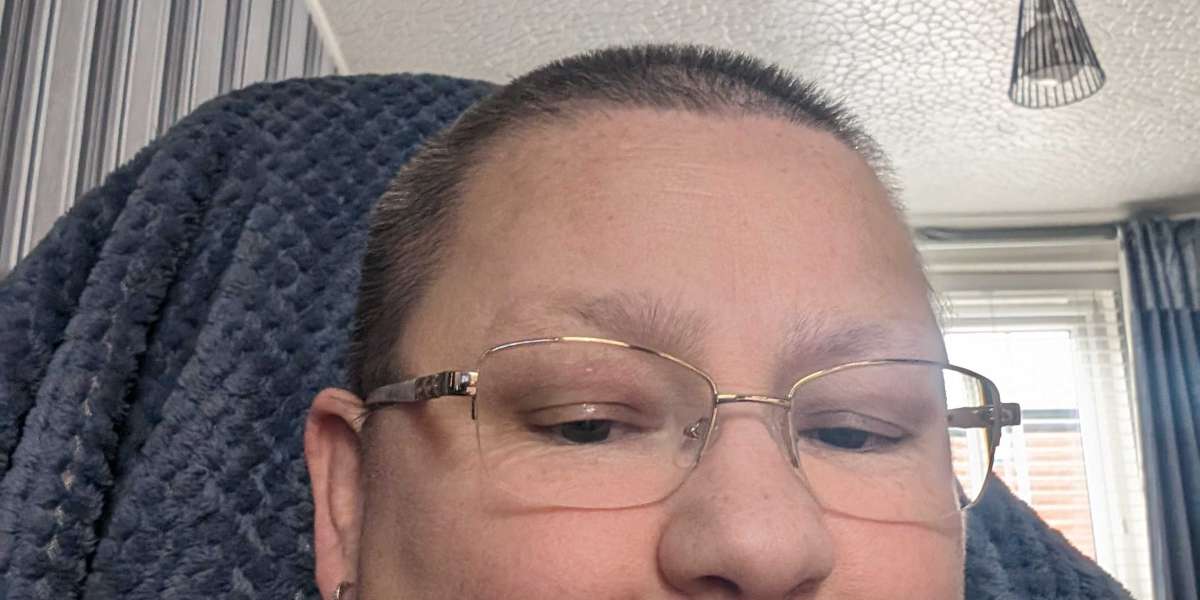Unlocking the Secrets: Your Ultimate Guide to ADHD Solutions Awaits!
Attention Deficit Hyperactivity Disorder (ADHD) is a condition that can significantly impact various aspects of daily life, including education, work, and personal relationships. Individuals with ADHD often face challenges such as difficulty concentrating, impulsivity, and hyperactivity, which can create hurdles in both personal and professional settings. As awareness of ADHD increases, so does the importance of effective treatment options. Fortunately, there is a variety of solutions available, ranging from medication to therapy and lifestyle adjustments. This guide aims to provide a comprehensive overview of ADHD treatment options, helping you or a loved one navigate the path to better management of this condition.

Understanding ADHD and Its Symptoms
ADHD is a neurodevelopmental disorder characterized by a persistent pattern of inattention and/or hyperactivity-impulsivity that interferes with functioning or development. Symptoms can manifest differently depending on the individual’s age and environment. For instance, children may struggle with following instructions in school, while adults might find it challenging to maintain focus during meetings or manage their time effectively. According to the Centers for Disease Control and Prevention (CDC), approximately 6 million children in the United States have been diagnosed with ADHD, highlighting its prevalence. ADHD can also persist into adulthood, affecting around 4% of adults, which underscores the need for effective treatment across all life stages.
Types of ADHD Treatments
When it comes to treating ADHD, a multifaceted approach is often most effective. Treatment options generally include behavioral therapy, medication, and lifestyle changes, and it is crucial to develop a personalized treatment plan tailored to the individual's needs. Behavioral therapy focuses on modifying specific behaviors and developing coping strategies, while medication can help manage the symptoms by affecting neurotransmitters in the brain. Additionally, lifestyle changes such as exercise, nutrition, and sleep hygiene can play a significant role in symptom management. Collaborating with healthcare professionals to combine these approaches can lead to a more comprehensive and effective treatment strategy.
Behavioral Therapy
Behavioral therapy is one of the most common and effective treatments for ADHD. This type of therapy involves working with a trained therapist to develop strategies for managing symptoms. Approaches like Cognitive Behavioral Therapy (CBT) focus on changing negative thought patterns and behaviors that contribute to ADHD symptoms. Other methods may include parent-training programs and school-based interventions that help improve a child's behavior in educational settings. Many individuals find that behavioral therapy not only helps to manage their ADHD symptoms but also boosts self-esteem and promotes better interpersonal relationships.
Medication Options
Medications for ADHD generally fall into two categories: stimulants and non-stimulants. Stimulant medications, such as those that increase dopamine levels in the brain, are commonly prescribed and can significantly improve focus and reduce impulsivity. However, it’s essential to be aware of potential side effects, which can include sleep disturbances, appetite suppression, and mood changes. Non-stimulant medications may be considered when stimulants are ineffective or cause unwanted side effects. Consulting with a healthcare professional is crucial to determine the best medication plan, as they can provide guidance tailored to individual health needs.
Finding the Right ADHD Treatment Provider
Finding a qualified provider for ADHD treatment is vital for effective management of the condition. Start by researching clinics and therapists who specialize in ADHD and have the necessary credentials and experience. Look for professionals who have a strong understanding of ADHD and its impact on different age groups. Personal fit is also essential; it’s important to feel comfortable and understood by your provider. Consider scheduling initial consultations with multiple providers to gauge compatibility before making a commitment. Remember, the right support can make a significant difference in the treatment journey.
Self-Help Strategies and Lifestyle Changes
In addition to professional treatment, integrating self-help strategies and lifestyle changes can greatly enhance the management of ADHD. Organizational tools, such as planners and apps, can help individuals keep track of tasks and deadlines. Time management techniques, like breaking tasks into smaller, manageable steps, can reduce feelings of overwhelm. Furthermore, regular physical activity, a balanced diet, and ensuring adequate sleep can contribute positively to overall well-being and symptom control. These strategies, when combined with professional guidance, can create a holistic approach to managing ADHD.
Effective Management of ADHD
In summary, understanding ADHD and its various treatment options is crucial for individuals seeking effective solutions. From behavioral therapy and medication to lifestyle changes, each aspect plays an important role in managing symptoms. It’s essential to seek appropriate treatment and support tailored to individual needs, as this can significantly improve quality of life. If you or someone you know is navigating ADHD, take the first steps in exploring these options, and remember that help is available.








